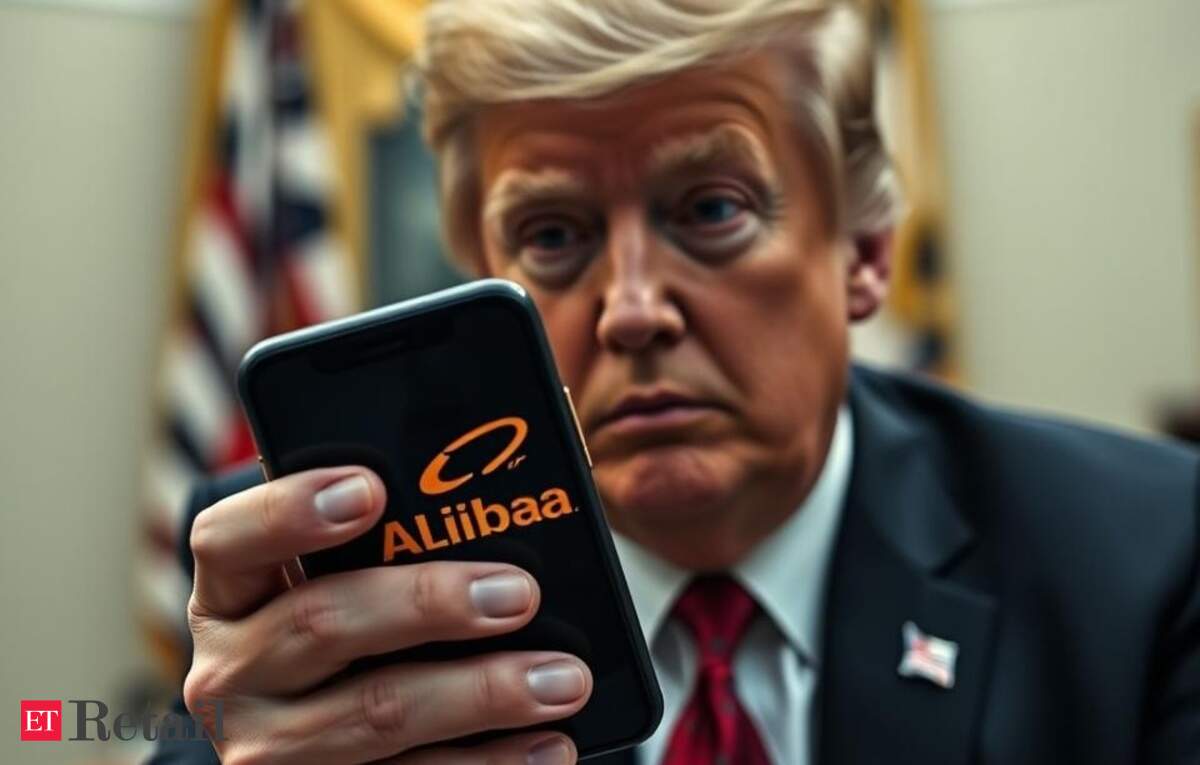Trump's Tariffs Ineffective; Old Model Not the Solution

The United States and China have agreed to a 90-day pause on reciprocal tariffs, retaining some while trade negotiations continue. This decision marks a reversal of President Donald Trump's sweeping tariffs imposed in early April, which had destabilized the global economy and caused stock markets to decline. Despite Trump's claims that these measures would boost the U.S. economy, their effectiveness was doubtful from the beginning.
The author argues that a trade war cannot improve conditions for American workers or bring manufacturing back to the country. The Trump administration's shift appears driven by corporations reducing profit targets and reports of a shrinking U.S. GDP. However, the author contends that reverting to economic liberalism is not the correct approach, as the current global economic system, favoring the wealthy, has proven unsustainable. Instead, a new world economic order is needed to promote inclusive and sustainable development globally and address socioeconomic challenges.
The current economic troubles result from policies imposed by elites of the Global North over the past 80 years. The original Keynesian vision after World War II aimed for inclusive growth through trade, labor, and development best practices. However, corporate opposition in the U.S. and Britain led to a skewed system centered around the World Bank and the International Monetary Fund (IMF), both established in 1944.
In the 1970s, economic elites attributed rising inflation and stagnation to concessions to organized labor, including government overspending, strong unions, and heavy regulation. This led to an institutional counter-revolution against the Keynesian model under President Ronald Reagan and Prime Minister Margaret Thatcher in the 1980s. Policies included slashing taxes on the wealthy, liberalizing international capital flows, deregulating the financial sector, weakening labor unions, and privatizing public services.
Consequently, outsourcing of labor, tax evasion, real estate speculation, financialization, and credit-fueled bubbles became dominant profit-making strategies for U.S. corporations. In developing countries, the IMF, World Bank, and regional development banks pushed for cuts in public spending, privatization of state-owned enterprises, removal of trade barriers, and rapid market deregulation. The 1980s and 90s became lost decades for many countries adopting globalization through radical liberalization, leading to employment shocks, rising inequalities, debt, and financial instability.
East Asian economies were exceptions, circumventing liberal globalization's constraints and joining the global economy on their own terms. Western economic elites were the primary beneficiaries, profiting from low-cost production abroad and domestic deregulation. However, Western workers faced stagnating wages, eroded labor protections, and increasing economic insecurity.
The author anticipated that without addressing the shortcomings of liberal globalism, a nationalist, illiberal counter-revolution was inevitable. This was evident in Europe, where illiberal populists gained prominence but fostered oligarchies and rent-seeking rather than genuine development. Trump's economic policies follow a similar path of economic populism and nationalistic rhetoric. Tariffs were never going to reindustrialize the U.S. or end working-class suffering. Instead, they may enhance China's competitive edge by encouraging it to strengthen domestic supply chains and reduce reliance on Western markets. In the U.S., the illiberal response will depress labor standards and erode real wages. Trump lacks a genuine industrial policy, rendering his trade measures ineffective. A true industrial policy would coordinate public investment, support targeted sectors, enforce labor standards, and promote technological change.
While Trump's policies are unlikely to succeed, returning to economic liberalism will not resolve socioeconomic grievances. The author recalls that after the 2008 global financial crisis, Western governments bailed out big banks without implementing meaningful reforms, leading to stagnant or declining living standards for working- and middle-class families. The author proposes a new global economic order focused on multilateral governance, ecological sustainability, and human-centric development.
Progressive global multilateralism would involve governments coordinating on taxing multinational corporations, curbing tax havens, regulating capital flows, setting minimum labor and environmental standards, sharing green technologies, and jointly financing global public goods. Global economic governance institutions would accommodate developing and emerging countries to implement industrial policies and build ties with public finance bodies. This approach offers an alternative to liberal globalism by promoting accountable public investment and development-focused financial collaboration.
Wealthy nations should embrace a post-growth model prioritizing wellbeing, ecological stability, and social equity over endless GDP expansion, investing in care work, green infrastructure, and public services. The goal for mature economies should be shifting from growing more to distributing better and living within planetary limits, allowing low- and middle-income countries to improve their living standards sustainably. Stronger cooperation between national and multilateral public finance institutions and better corporate taxation and regulation can enable governments to create stable jobs, strengthen organized labor, and reduce inequalities.
Such progressive multilateralism would be a powerful long-term defense against illiberal populism. Achieving this shift requires building robust global and regional political coalitions to challenge corporate interests and counterbalance the existing liberal, capital-driven global framework. The challenge is not only to critique Trump's policies but to present a coherent vision of industrial renewal, ecological sustainability, and global justice.











